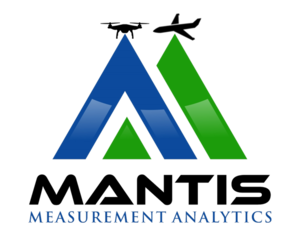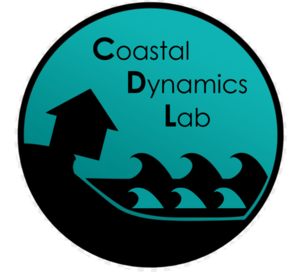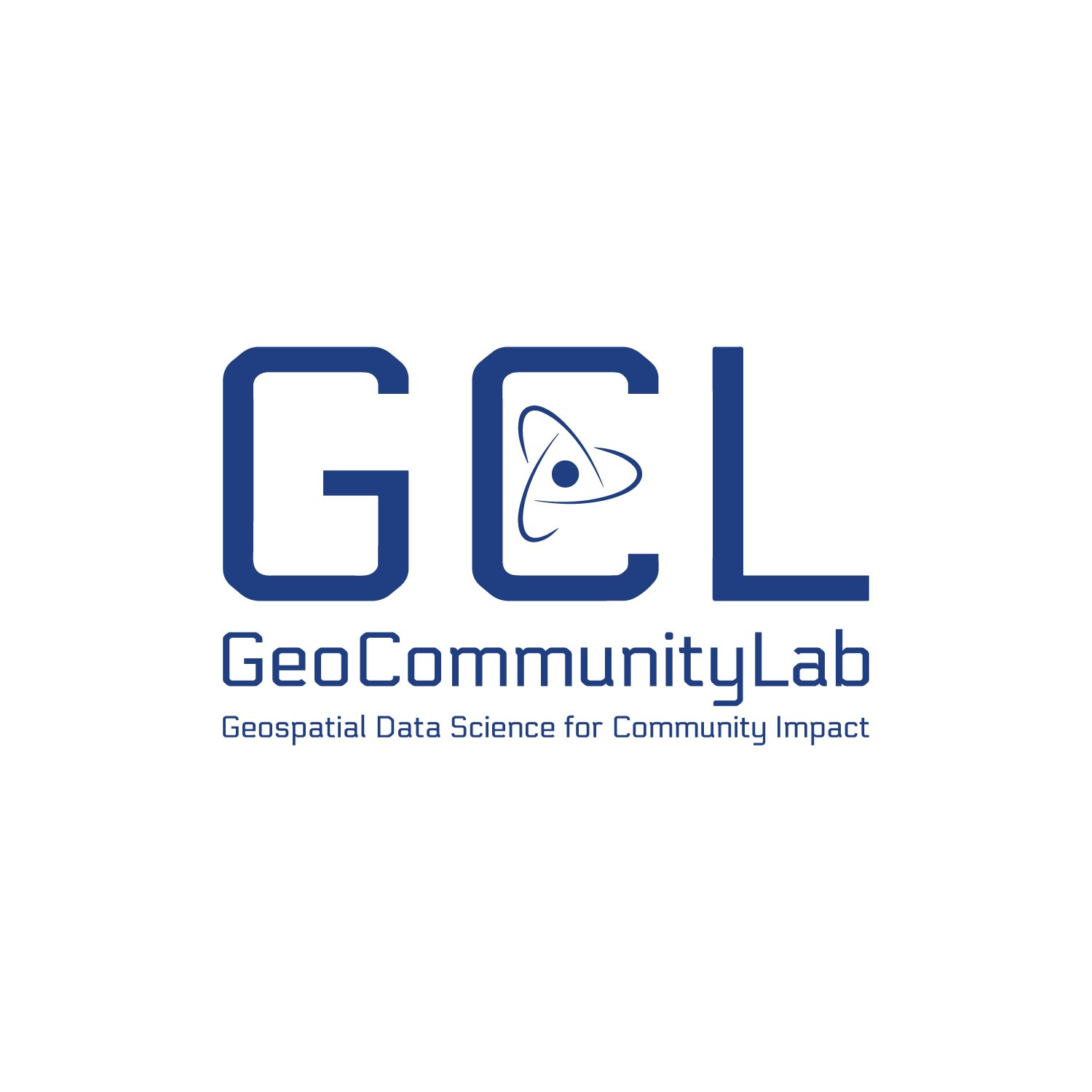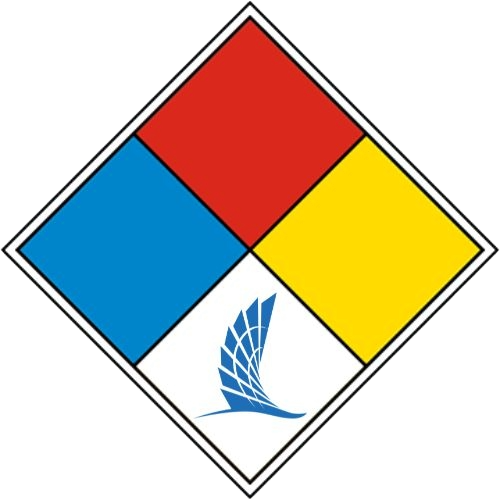From developing infrastructure and managing environmental resources to historical conservation and disaster mitigation, surveyors and geospatial professionals provide vital information needed for informed decision-making and sustainable progress. Despite their critical role, the number of skilled professionals entering these fields has declined, creating challenges that could impact construction, urban planning, emergency management, and more.
To raise awareness and inspire early career exploration in geospatial engineering and land surveying, the Conrad Blucher Institute for Surveying and Science at Texas A&M University-Corpus Christi hosted a Geospatial Engineering and Land Surveying (GELS) Camp for middle and early high school students.
“The goal of this camp was to introduce geospatial engineering and land surveying to a new generation of students,” said Seneca Holland, GELS Camp Director, CBI Research Scientist, and TAMU-CC Instructor of Geospatial Science. “Geospatial engineering and land surveying introduce students to advanced technologies like GPS, LiDAR, and photogrammetry, and this early exposure promotes critical thinking and problem-solving skills.”
A total of 30 students registered for the weeklong camp, which was free to attend thanks to a generous gift from the Port of Corpus Christi. Campers engaged in games and hands-on activities throughout the week to expand their understanding of both fields as well as the tools and techniques used to collect and apply geospatial data.
In addition to activities like level loops and geocaching, guest speakers visited the camp to share their professional experiences and showcase the methods and technology used to map and measure phenomena in the Coastal Bend. Campers also explored expanded applications of the field, touring the university’s Immersive Reality Lab, I-CREATE makerspace, and Special Collections and Archives at the Mary and Jeff Bell Library.
The GELS Camp is just one of several efforts facilitated through the Point of Beginning, an initiative that creates educational pathways for K-12 students interested in pursuing degrees or careers in the fields of geospatial engineering and land surveying.









